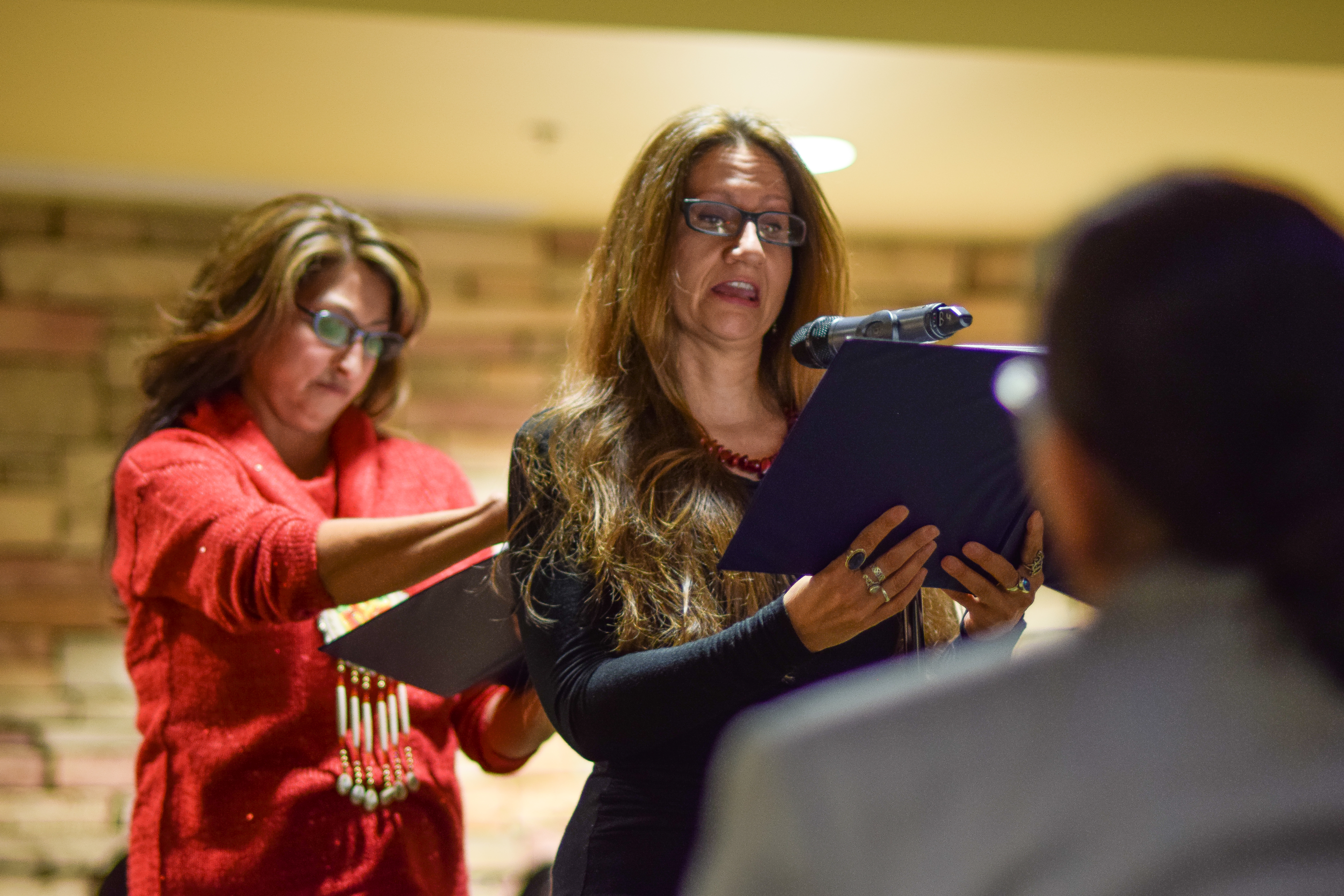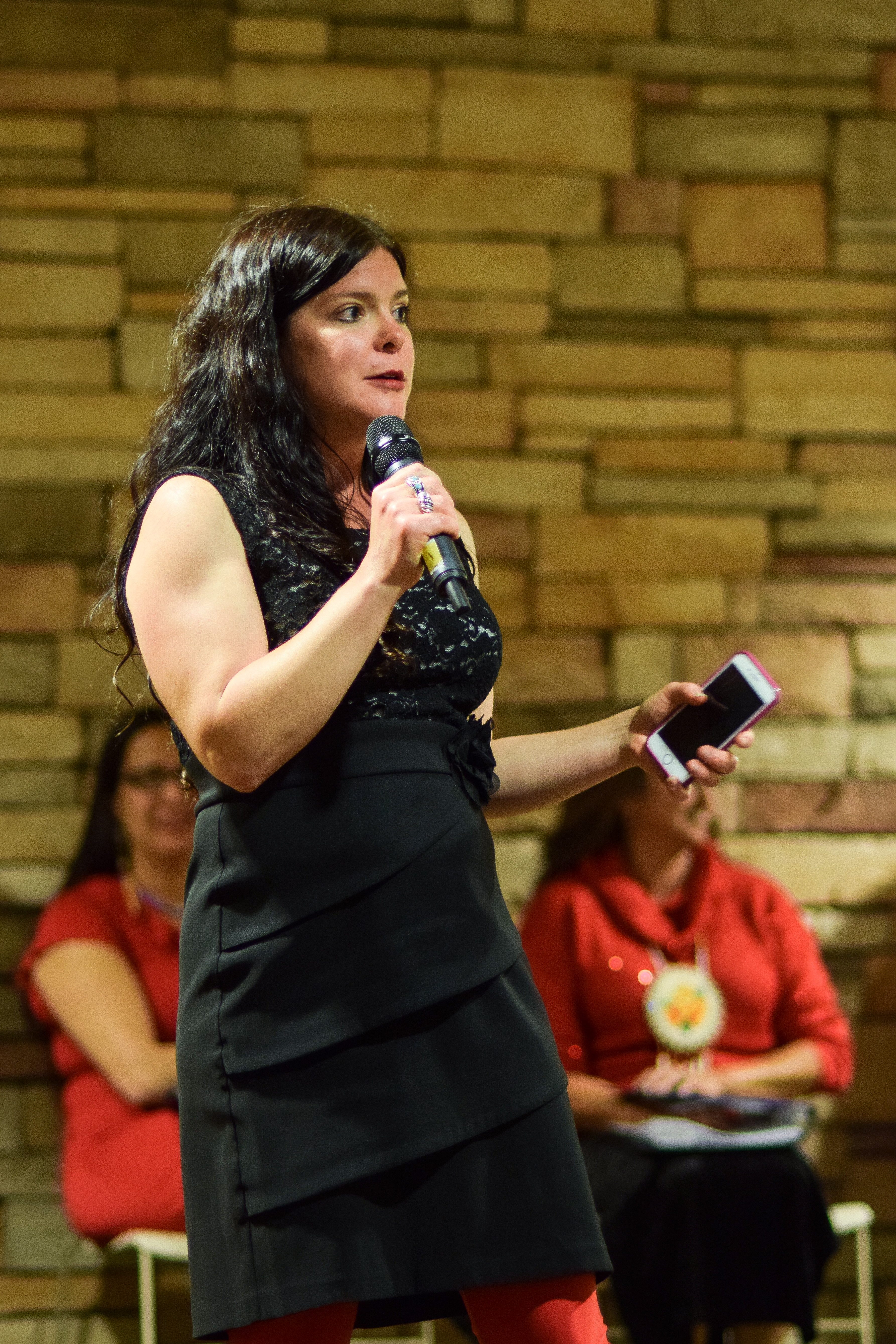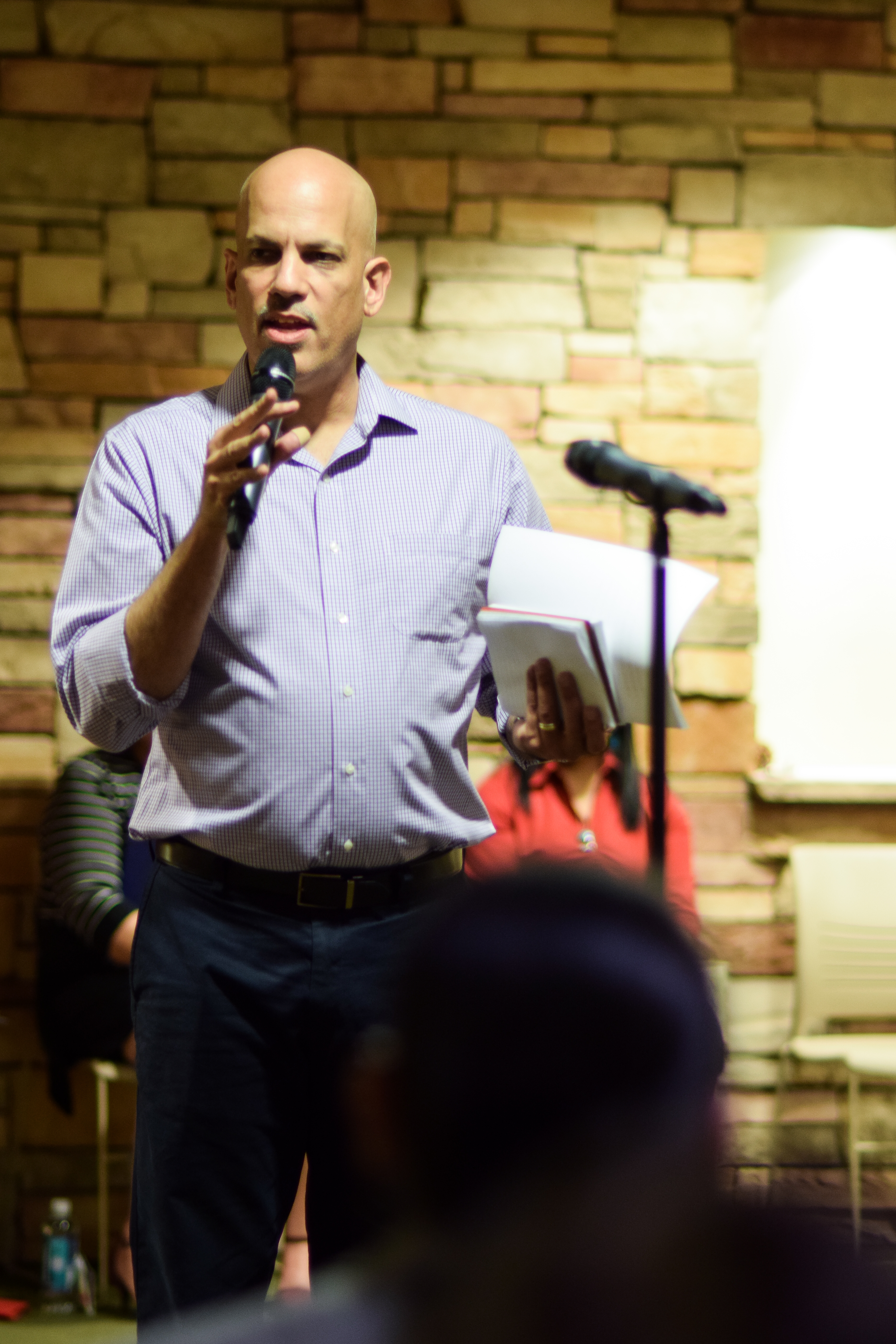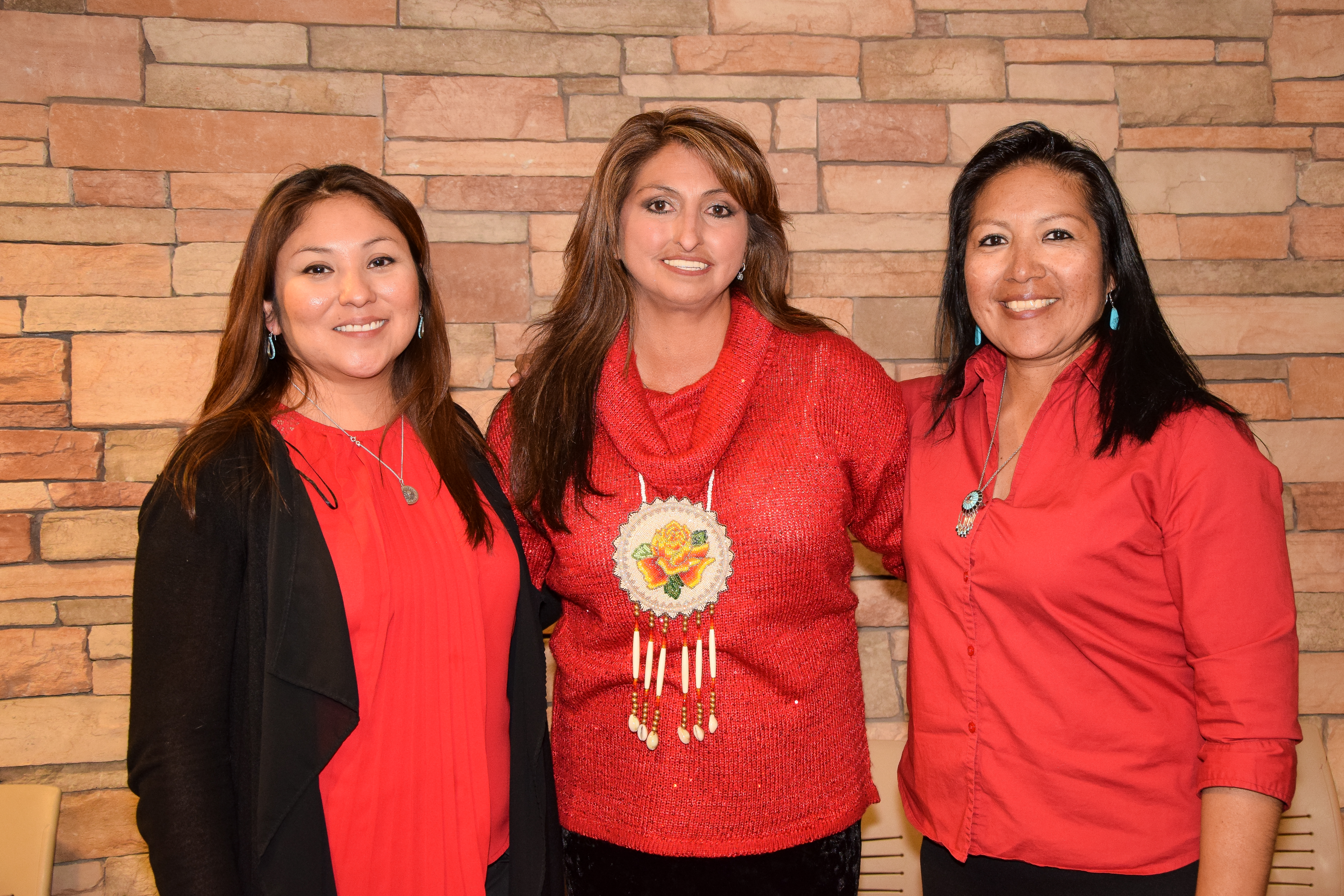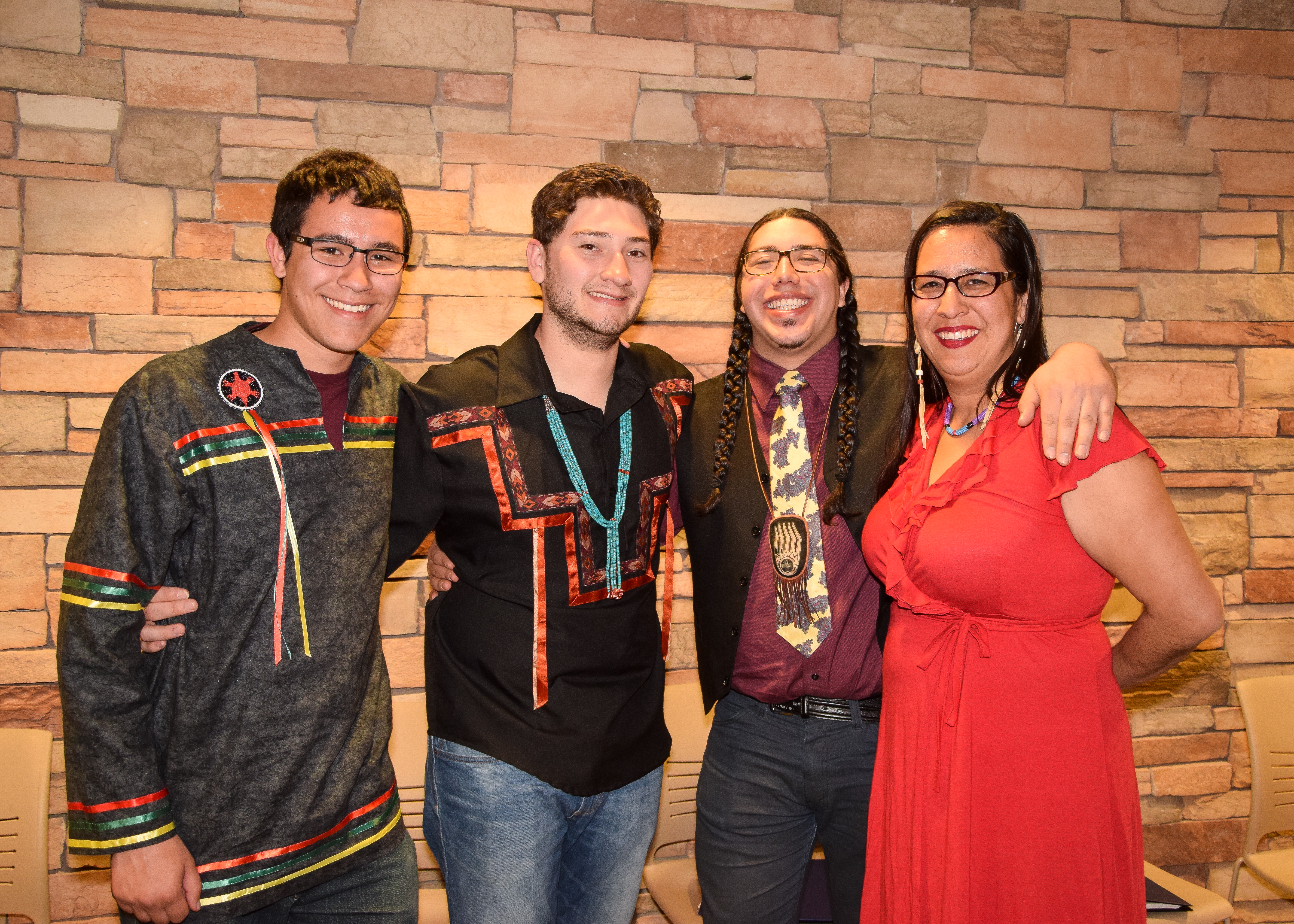Deep within the genuine strengths of each individual, there often lies a shattered image of security, value, and hope. In the confines of every American Indian reservation, thousands of native males and females have felt that feeling of isolation after being diminished to the burdens of violence, domestic, emotional, and sexual abuse. A cry for help is sought in an attempt of desperation and rescue, but the biggest problems revolve around the ignorance of the subject matter, as well as native victims who choose not to confess about their own dilemmas.
However, the fight to protect natives against abuse and violence has picked up steam in the past three years – gathering the attention of advocates from across the country as well as the United States Congress. Now, American Indian victims are sharing their stories of abuse through performance art, bringing their stories to life in an attempt to provide awareness to other victims, native and non-native.
“Sliver of a Full Moon,” written by playwright Mary Kathryn Nagle, tells the true story of a movement led by the native women who took a stand to restore the authority of Indian tribes over non-Indian abusers to protect women on tribal lands.
The movement gathered attention in March 2013 when President Barack Obama reinstated the Violence Against Women Act (VAWA). This grants tribal courts the missing piece in prosecuting non-native offenders who abuse native women on tribal lands. However, the Act limits the restoration of jurisdiction to “Indian Country,” thereby excluding 228 federally recognized tribes in Alaska. Which asks the question: what will it take to restore the jurisdiction of all tribes to protect the lives of all native women?
Southern Ute tribal member, Diane Millich, who introduced Vice President Joe Biden during the restoration of the Act, is now presenting her story through art as she reaches out to others.
“We all have our own personal experiences. I think it’s important to understand that domestic and sexual violence is not part of our culture,” Millich said. “It’s easy to see the injustices that are here, but the difficult part is getting the victims to tell their stories. I’m here for the silent victim to come forward. Maybe they’re not ready, so I will speak their story for them.”
At age 26, she fell in love with a Caucasian man. The world felt like everything was together, but then everything started to change. For years, Millich would surrender to the hands of domestic abuse, a duration she thought she wouldn’t survive. After escaping the dreadful clutches and fighting back with activism, she now looks back at her story as a lesson in faith for a better world.
“I kind of look at it as a confession. When you start to tell your sins, that sting starts to go away – and we heal,” she said.
The play was recently praised with recognition when it made a stop at the Institute of American Indian Arts (IAIA) in Santa Fe, N.M. on Wednesday, March 23. The play is a collaboration of students from Yale University and IAIA, and will make stops at New York University in April and Stanford University in May.
“This is an incredible collaboration with our students. They are all incredibly talented, and this is all real,” said playwright Mary Kathryn Nagle as she addressed the audience.
Nagle, an Oklahoma native, is a member of the Cherokee Nation. She represents Yale University as the Executive Director of the Indigenous Arts Program, which is designed to develop native voices in the American theater and ensure that native voices reach the American stage.
“Writing this, I had to make hard choices. In the end, these women and victims are the ones who stood up to fight for a change, and they succeeded,” she said.
Charlene Teters, Academic Dean for IAIA, stated, “The performing arts is reinvigorating itself. We encourage our students to use this to address issues of our time. Some of the most courageous work comes from artwork.”
Audience members commented that the stories, although haunting and disturbing, struck an emotional chord in bringing light to such an important subject.
Lisa Brunner (performer) was only four-years-old when she witnessed a life-changing event. She saw the brutal beating of her mother by the hands of her non-native stepfather, who used the butt of a shotgun as Lisa hid underneath a table. Her stepfather would then snicker to himself before kicking off his boots and going to bed with no shame in thought as Lisa cared for her mother. Twenty years later, she found herself in a loop as she was still exposed to a world of domestic violence – right on her own homeland.
The light for Lisa would eventually begin to come clear. She grew stronger and independent within her own self, advocating for others to not experience the same atrocities. She now advocates on the White Earth Ojibwe Nation in Minnesota, reaching out to victims who deep down may be crying for help.
“We are human, and we are citizens of this Earth,” Brunner said tearfully to the audience. “Our culture is what keeps us together. Violence was never apart of it. There are victims in all of us. We represent every one of them.”
The epidemic of violence against American Indian victims continues to sweep the nation at a heavy increase. According to the Violence Against Native Women Fact Sheet, put out by the Dept. of Justice, native women are 3.5 times more likely to be raped or sexually assaulted in their life more than women of other races. Native victims of intimate and family violence are also more than likely be severely injured in domestic abuse and need of hospital care – over all other races. Additionally, native women are twice as likely to be murdered by a family member, as are native men (Native women: 31 percent. Native men: 15 percent).
At an alarming rate, 22 percent of native children suffer from post-traumatic stress disorder (PTSD) – which is the equivalent found in Iraq and Afghanistan veterans. In 2015, the CDC’s (Center of Disease Control) National Center For Health Statistics declared suicide among natives to be in a severe crisis. According to the National Alliance of Mental Illness, 90 percent of suicides are due to trauma and illnesses – conditions that are often treatable.
Millich added that a difficult fight for native rights is inevitable, but Indian Country can remain strong if natives break their silence and reteach traditional values.
“You’re never alone and you never have to suffer in isolation,” she said. “It’s not just women – it’s also men, children, two-spirit, elders. My message is don’t suffer in silence. You can break that cycle. Deep down in your heart and soul, there will always be that ‘sliver’ of hope.”
dtoledo@southernute-nsn.gov

